


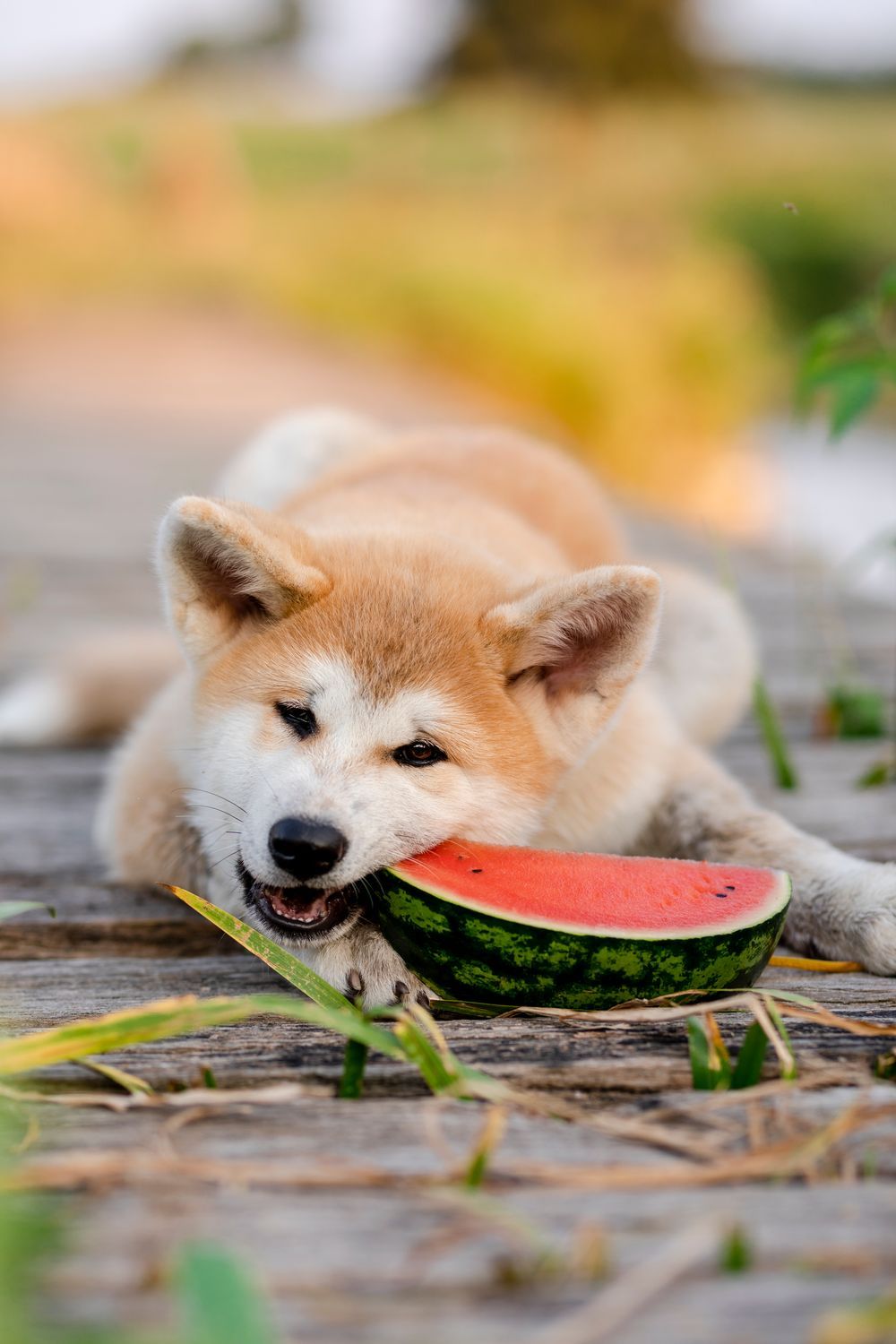
Indeed, a good question, as it all depends on what you consider a "good breeder". The well-being of the dogs should be the top priority for every breeder, and dogs should not be bred on a whim or for baseless reasons like "a female should have a litter once in her life because it's healthy for her."
Everyone has different values and should choose a breeder that shares similar ones. For us, it's important to consider the conditions in which our Akitas live, how they spend their time outside the home, and how they are treated. We value the quality of life of our samurais and don't want it to be confined to their own backyard. We appreciate the relationships within the pack and quality time both on and off the couch. That's why we offer our Akitas various activities such as paddleboarding, mountain hikes, utility tracking, fitness, or simply quality walks to reset the brain and build healthy relationships. It's not about the quantity but the quality of time spent with our dogs.
The quality of life of our dogs is also influenced by their diet. It's crucial that the food they eat is appropriate and of high quality, and a well-balanced diet is one way to prevent frequent vet visits. You probably don't eat chips every day, so don't feed them to your dogs either. A good breeder has knowledge about nutrition and can help you choose the right feeding method, as it doesn't have to be identical to the one used in the kennel.


First of all, it's important to know that if you're looking for your dream puppy of a specific breed, the kennel should be registered with the Związek Kynologiczny w Polsce (ZKwP), which is the only organization in Poland affiliated with the International Canine Federation (FCI). Only dogs with a ZKwP pedigree are recognized as purebred even outside our country. It's also worth mentioning that puppies from ZKwP kennels usually receive a pedigree certificate confirming their lineage, and with this certificate, you go to the selected branch of the association to get the official pedigree. Once you're sure that the puppy you’ve chosen has documented lineage, it's time to ask about the parents' health tests. For Akitas, it's important to inquire about hip evaluations. Although they are large dogs without a predisposition to dysplasia, it's good to know how the parents fare in such tests.
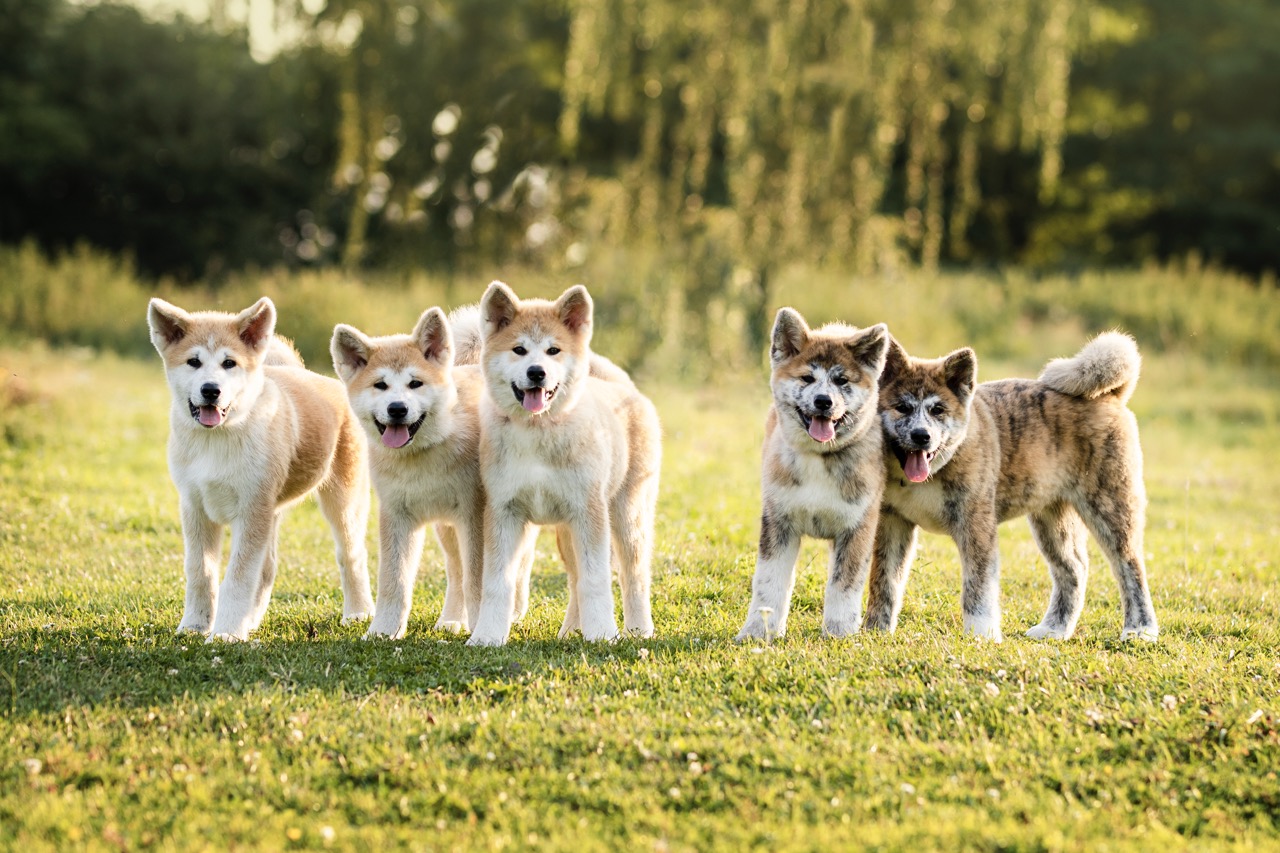
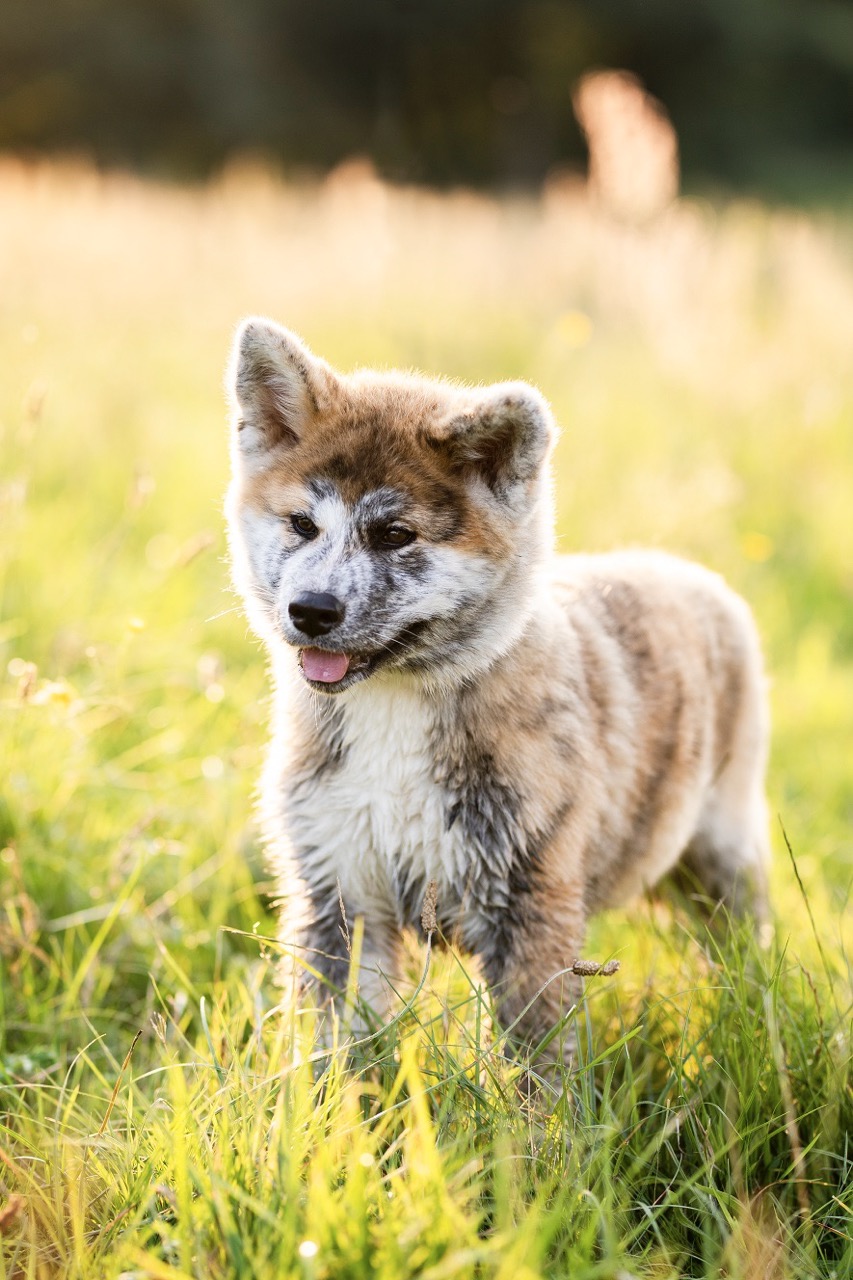
It’s crucial that the parents are tested for enamel hypoplasia (EH), which is a fairly common issue in the breed. This condition results in reduced thickness of the enamel or its complete absence, necessitating costly treatments to fill in the gaps.
Once we know that the parents of our potential puppy have passed their tests with flying colors, it’s time to ask about their temperament! Apart from visual standards, the temperament of our breeding pair is also significant. Aggressive or fearful dogs should not be bred, as everyone wants a stable dog with a strong psyche, and of course, many factors contribute to this...


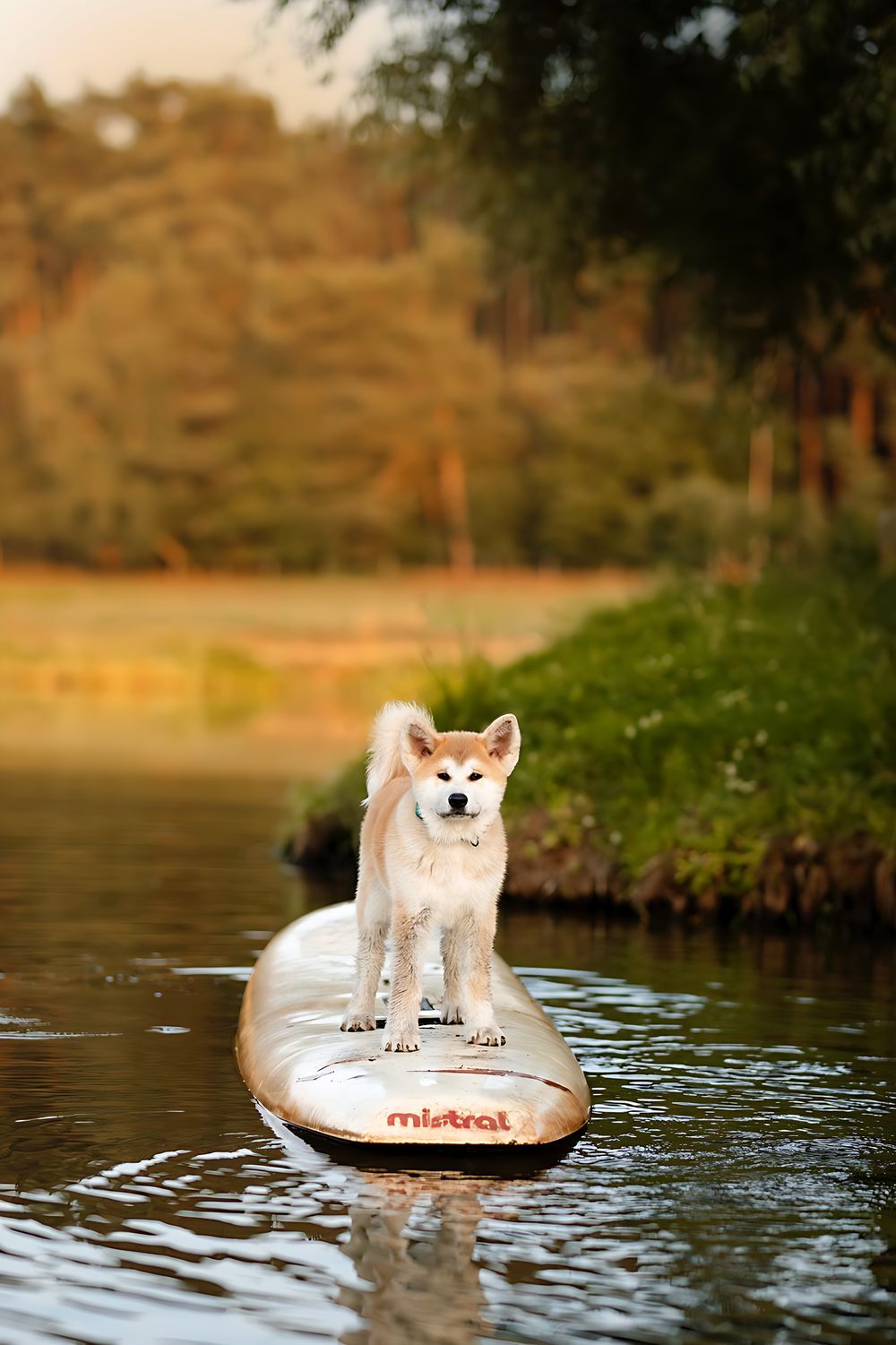
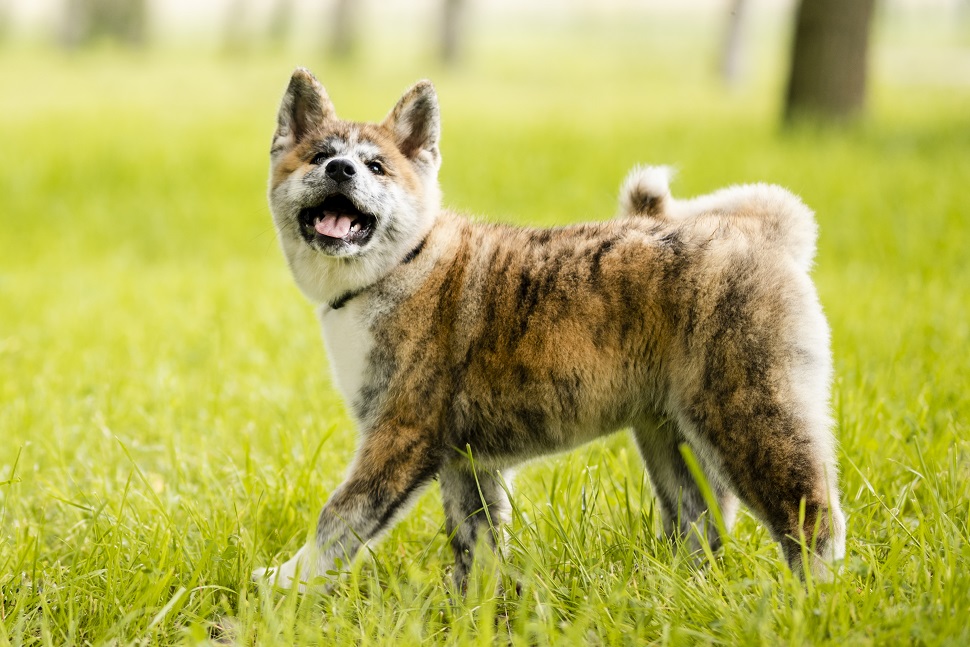
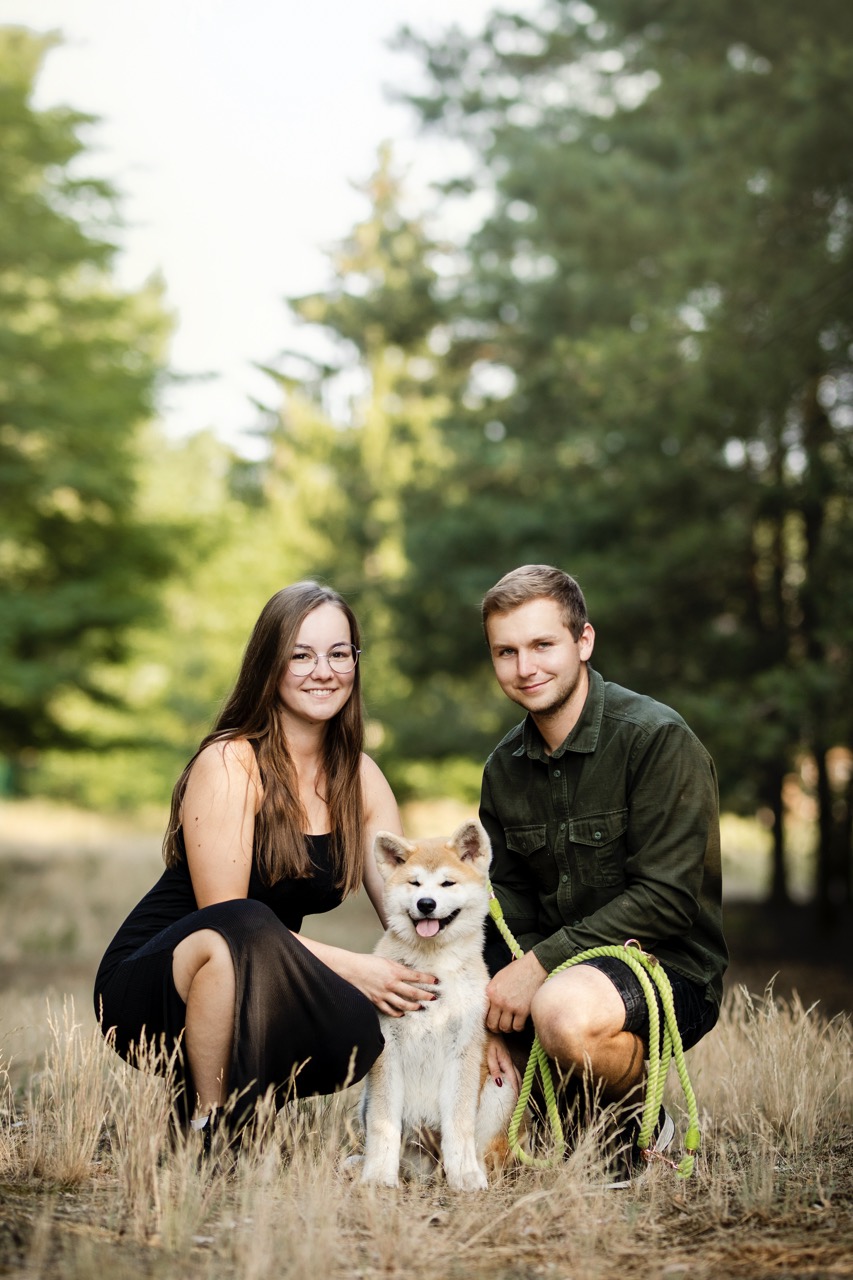
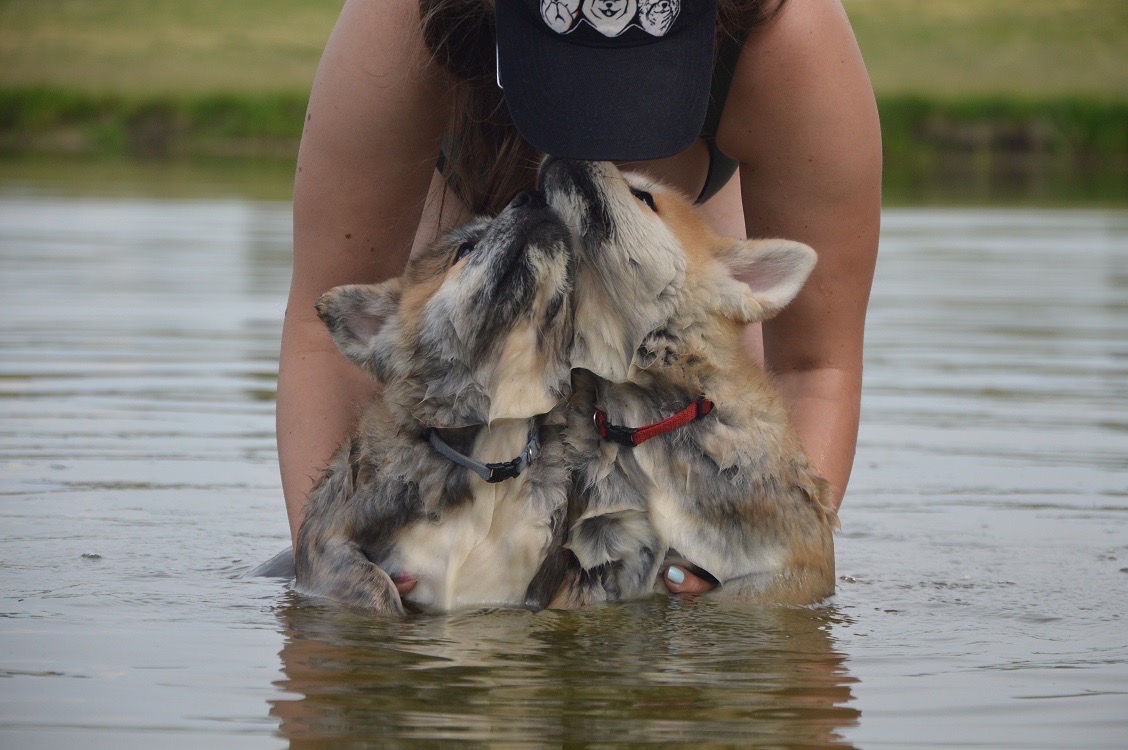
And this brings us to the socialization of our puppies. It’s important to note that good socialization is tailored to the age and capabilities of each puppy. Not every 8-week-old puppy should be running around dog parks; in fact, they shouldn’t! These parks are often breeding grounds for behavioral problems. It’s better to find a companion who at least knows basic manners. Therefore, it’s significant whether our puppy had contact with older dogs in the kennel, not just with its mother. This is not a guarantee of success, but it’s a step in the right direction. Once we know that our puppy has a solid foundation in upbringing, it’s time to look at the breeder and the conditions in their kennel.
If a breeder refuses to let you visit, it’s time to walk away!
If you’re allowed in and find dirty kennels, cages, dogs, or bowls, it’s better to find the exit!
If you encounter a pack that is afraid of humans or aggressive, it’s time to turn around, whether they are puppies or adult dogs.
A good breeder means a good kennel, and good kennels are created by good people. It might sound redundant, but it’s the truth. A good breeder will provide you with support not only when choosing a puppy but for years after you leave with your dream Akita. The breeder knows their lines and breed, they should be your repository of knowledge, answering calls, advising, and calming you when Hachiko has a stomach ache or a bad stool. Contact with the breeder is the foundation of your sense of security in choosing a kennel. Therefore, choose a breeder with whom you feel comfortable, where contact is easy and pleasant, and you actually want to reach out to them. Raising a puppy is stressful enough, and Uncle Google doesn’t always give the best advice.
Of course, this is just our definition of a good breeder...